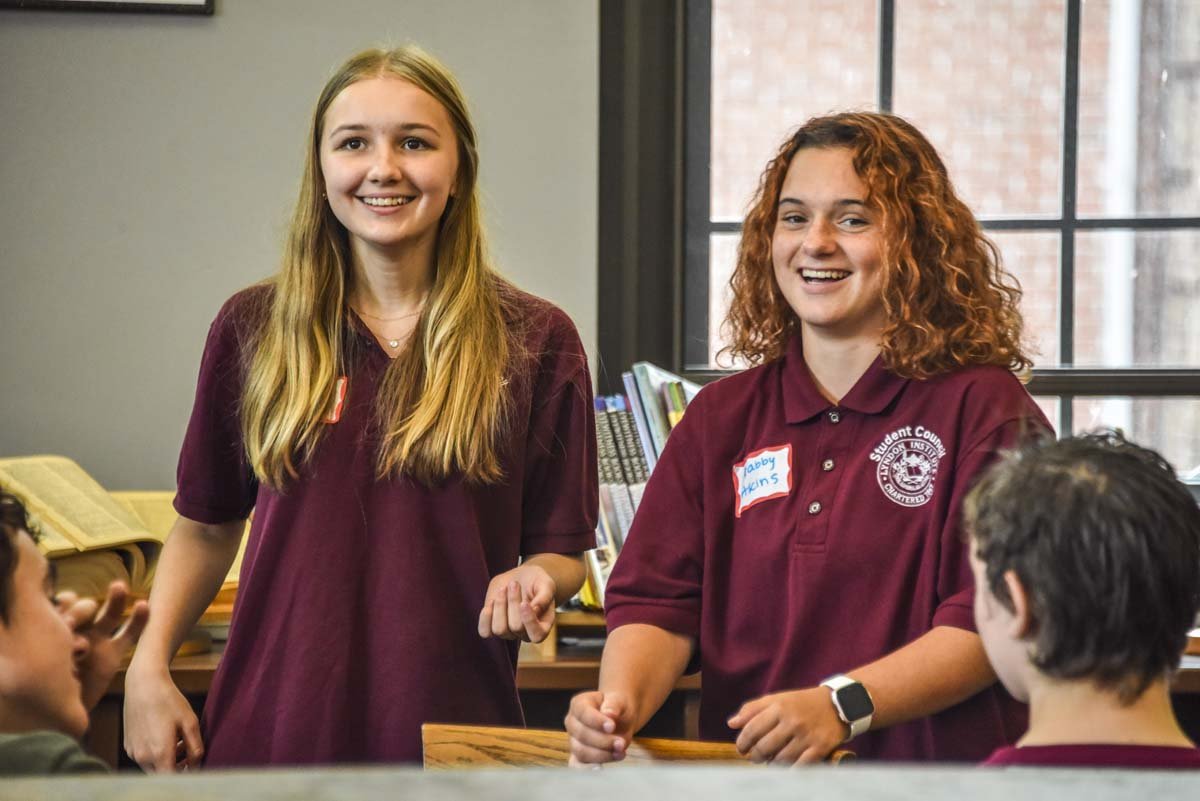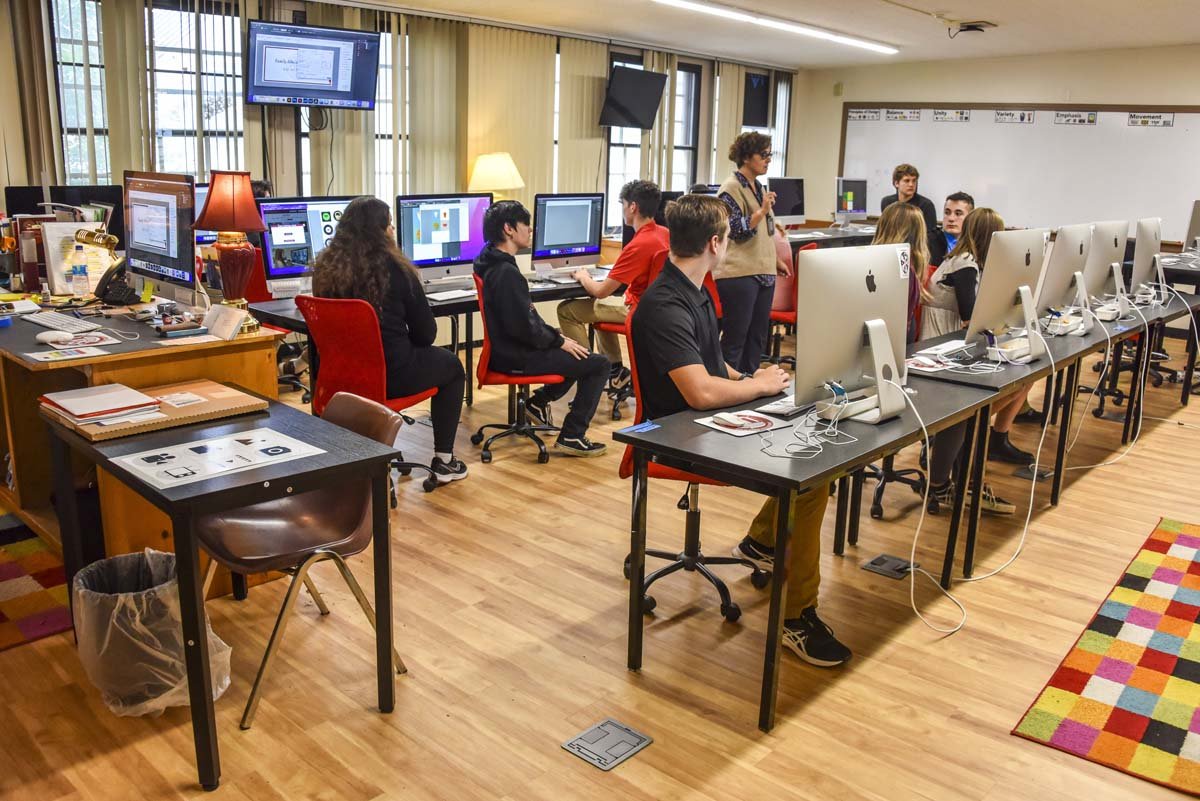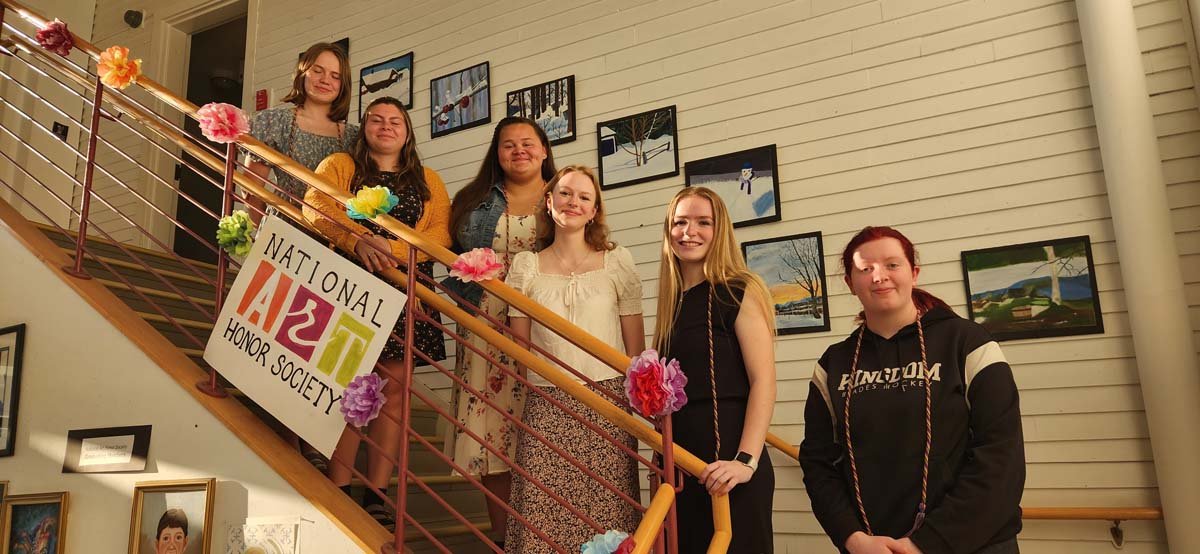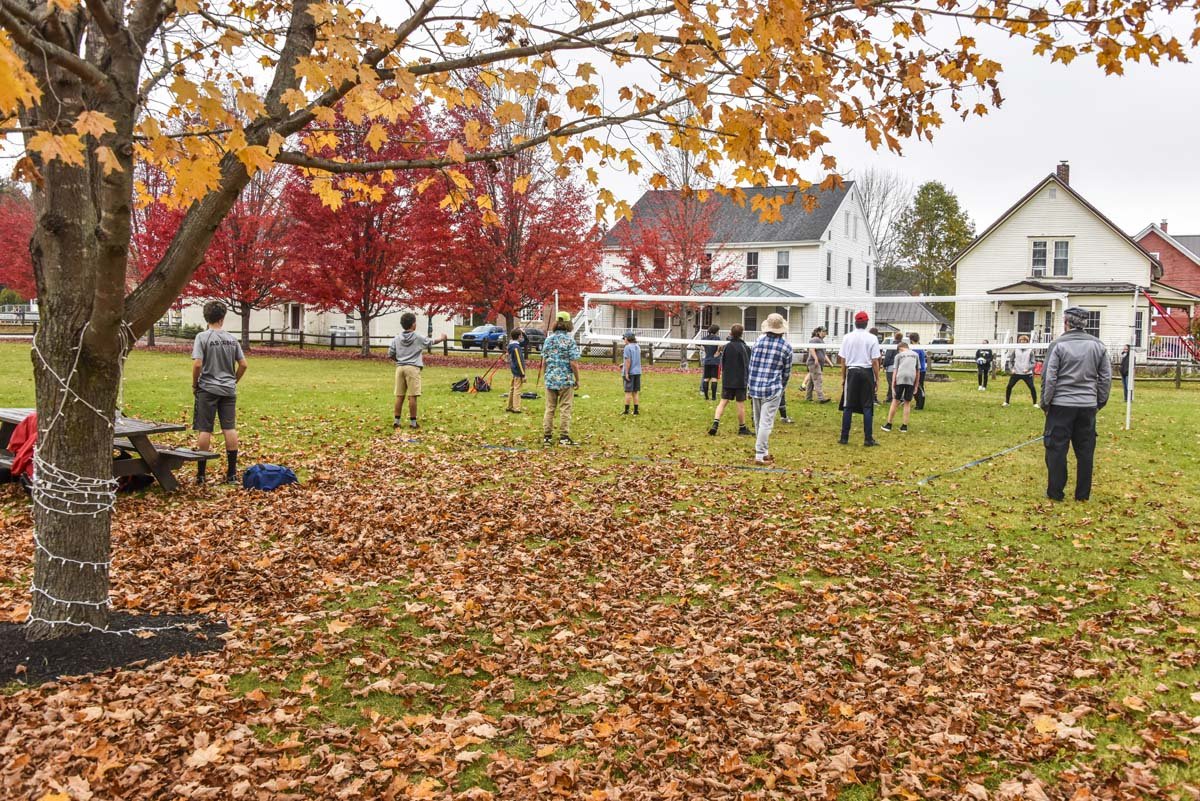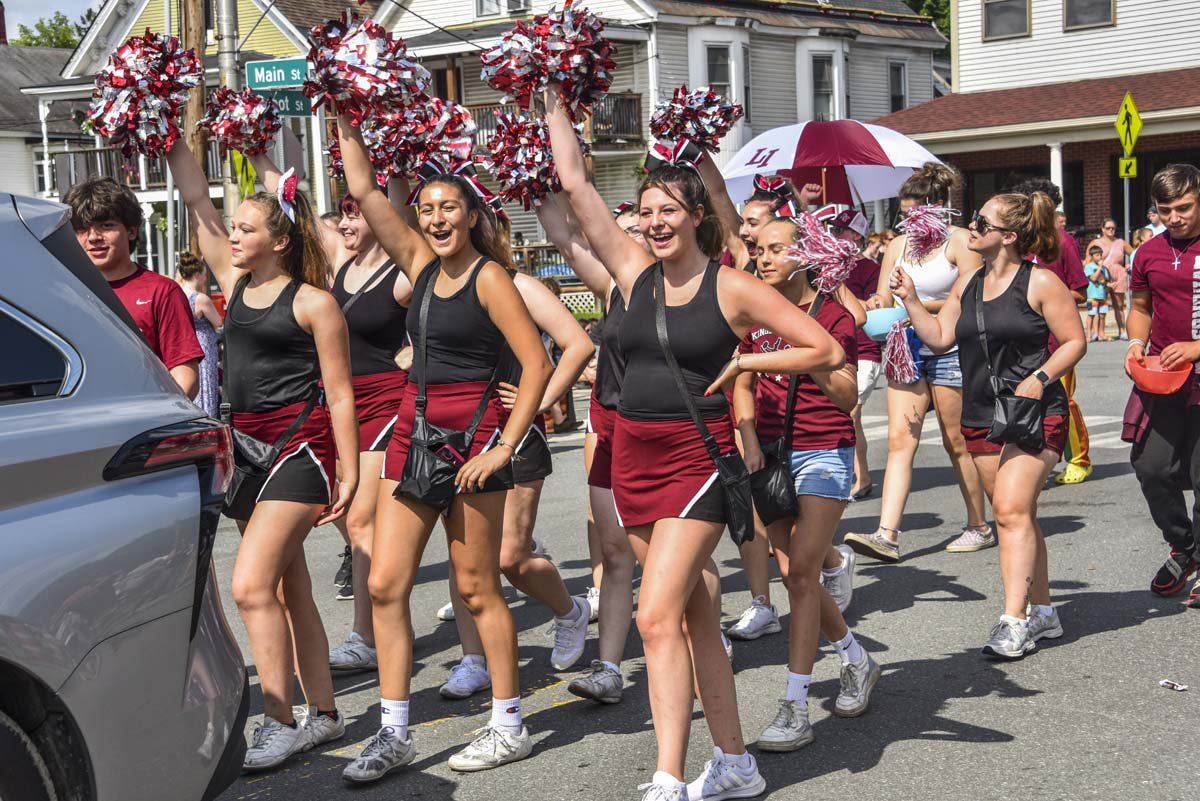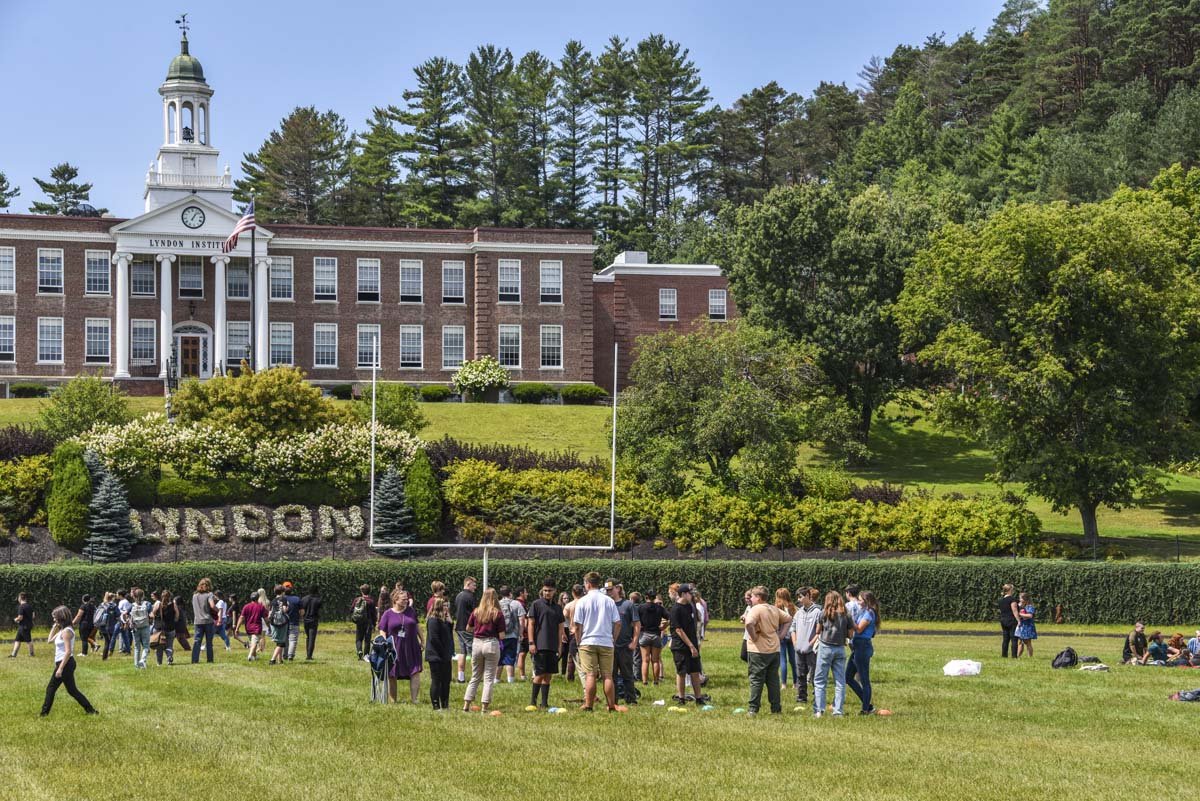- Our School
- Admissions
-
Academics
- Divisions and Faculty
- Commencement 2024
- January Term
- International Program (ESOL)
- College and Career Counseling
- Upward Bound
- Library/Monahan Academic Commons
- Career/Technical Education
- Lyndon Learning Collaborative
- Flexible Lyndon Institute Pathways (FLIP)
- Specialized Instruction
- Adult Continuing Education
- Lyndon Institute Course Catalog
- Student Services
- Arts
- Athletics
- Campus Life
- Support LI
- Alumni
PLANNING TIMELINE
What do you want to achieve while you're in high school? The best way to ensure you accomplish all your goals is to create a four-year plan for classes, activities, volunteer and work experience. During each year of your high school experience, you should be getting ready for your future.
Start of School
- Stop by the College/Career Center to make sure you understand Lyndon Institute's graduation requirements and college admission standards. Check out the resources the office has to offer.
- Get involved! Join a sports team or a club or an arts activity.
During the Year
- At the end of each marking period, assess how you've done and set goals for the next term.
In the Spring
- Stop by the College/Career Center to plan your course selection for sophomore year.
- Start looking for summer jobs or volunteer opportunities.
- Start a savings account and regularly add to it.
At the end of the Year
- Pick out some books to read in the summer. Ask your teachers or librarians for ideas.
Start of School
- Work toward academic and activity goals. Strive for improvement in your weakest subjects and make a difference in the school community by joining a club or activity.
September/October
- Consider signing up for PSAT. The test is administered in October. Although the test is designed for juniors, it gives sophomores experience with college admissions testing and provides resources that can help students improve performance on SAT. Practice books for PSAT are available in the College/Career Center.
December
- Take the ACT-Plan test. The test provides practice for the ACT-Assessment. It also provides an evaluation of student interests.
January
- Check out "My College QuickStart" which is made available through your PSAT testing. Services include a personalized SAT study plan, college matches, major and career matches.
Spring
- Explore and discuss future plans with parents, teachers, and friends. Think about what things you are good at doing, your skills, interests, and abilities in relation to a future college major or career.
- Make informal visits to college campuses.
- Start looking at colleges on the Internet, or borrow college handbooks from the College/Career Center.
- Check out admission requirements, majors offered, and college costs.
- Visit the College/Career Center to select courses for junior year.
April
- Attend the annual college fair at Lyndon State College.
May
- Plan summer work or activities.
June
- Create an end of year file to keep track of the activities you've participated in and the awards you've won during your first two years of high school. This list will be very helpful during the college application process.
Summer
- Read books and save money!
Start of School
- This year students should research post-secondary options. Schedules should be selected with an eye to future goals.
September/October
- Consider signing up for PSAT. The test is administered in October. Practice books for PSAT are available in the College/Career Center. Students who take PSAT will have access to "My College QuickStart," an online service which includes a personalized SAT study plan, college matches, major and career matches.
Yearlong
- Think about and explore college options. Look at things like location, size, facilities, majors, cost, and admission requirements. Stop by the College/Career Center to do online research or to borrow resources from our lending library.
Spring
- Stop by the Career/College Center to plan your academic coursework for the next year.
- Research and plan testing. It is recommended that students complete a college admissions test before the end of junior year. Students can select to take SAT or ACT. Some selective colleges also require additional subject testing. The latter requirement can be met by taking SAT-II subject tests, or sometimes through ACT testing.
- Research scholarship opportunities. The College/Career Center has lots of information available.
- In April, attend the annual college fair at Lyndon State College.
- Visit college campuses
- Plan meaningful work or activities for the summer
Summer
- Read and save money
- Visit Colleges
- Update your "Activities and Awards" file
- Establish a permanent e-mail address that you will use when communicating with colleges
- Narrow your list of college choices
August through December
- Come prepared to work hard. Senior year is not a time to slack off.
- Create a calendar for yourself. Use it to record admissions test dates, application deadlines, college visits, etc.
- Sign up for college testing -- SAT, SAT-II, or ACT
- Begin your college application work. The Lyndon Institute College/Career Center provides extensive help with all aspects of the college application process. Stop by and set up your application files, get teacher recommendation forms, Common Applications, and other pertinent information. Your application will be tracked until completed.
- Check each application thoroughly for requirements. Many colleges require an essay. Begin early and have teachers and parents review first drafts.
- Research scholarship opportunities.
- Have you got a resume? Stop by the College/Career Center for assistance in creating this important document.
January through May
- Complete financial aid and scholarship application forms. Paper applications and assistance is available in the College/Career Center. Students will need to submit a FAFSA (Free Application for Federal Student Aid) form, a Vermont State Grant form, and maybe a CSS- profile. The FAFSA should be completed as quickly after Jan. 1 as possible. After you submit FAFSA, you will receive a Student Aid Report (SAR) which will indicate your eligibility for federal financial aid and your Estimated Family Contribution (EFC).
- Complete scholarship applications.
- Make a decision -- You should get acceptance letters and financial aid offers by mid-April. If you're going to college, you need to choose the option best for you. Do not make a final decision before you have visited the college campus. Send in the necessary deposits to the school you will attend and notify the others that you will not be attending.
- If you're planning to stay in the area and work, make sure you have a resume and are familiar with the job application process. Stop by the College/Career Center for assistance.














